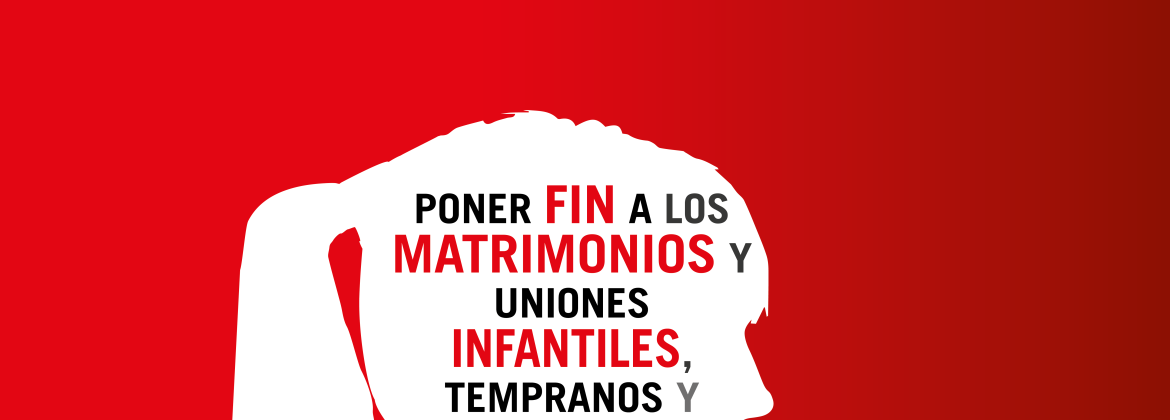
Now or Never: The Bill That Could Protect Girls from Early and Forced Marriage in Bolivia
The numbers are staggering. Between 2014 and 2023, Bolivia registered 4,804 marriages involving adolescents aged 16 and 17—many with partners two or three times their age. The Ombudsman’s Office has documented cases of girls as young as 12 and adolescents between 13 and 15 being married under deeply concerning circumstances. As far back as 2012, the National Institute of Statistics revealed that over 30,000 girls had entered into unions before the age of 15—over 3% of girls nationwide. And in 2024, the national civil registry reports an average of 1.3% of marriages and unions being early or forced every single day.
Behind these statistics are heart-wrenching stories: sexual violence, unplanned pregnancies, manipulation, and sexual and labor exploitation. The UN Committee Against Torture (CAT) has stated that these conditions may amount to torture—cruel, inhuman, and degrading treatment, violating fundamental human rights.
In Bolivia, the Family Code still allows girls to marry at 16 with parental consent. But the real issue lies deeper—in cultural norms and traditions that normalize and legitimize early and forced marriage, perpetuating gender inequality and condemning thousands of girls to lives without freedom, education, or protection.
The real question is: How much more evidence do we need? How many more girls must suffer rape, pregnancy, or lifelong harm before the law changes?
There is hope. Save the Children, the Coordinadora de la Mujer, UNFPA, IPAS Bolivia, feminist movements, and other international organizations have joined forces to support a draft bill that would eliminate these legal exceptions. Championed by Senator Virginia Velasco, the bill seeks to completely ban child marriage and forced unions in Bolivia.
Passing this bill is urgent. Every day that goes by, more girls are at risk—trapped in cycles of violence and stripped of their rights. The responsibility is collective: from government officials to civil society, to each and every citizen. The time to act is now. The future of countless girls depends on it.
Let’s not allow this injustice to continue. Change begins with our decisions.

 Bolivia
Bolivia